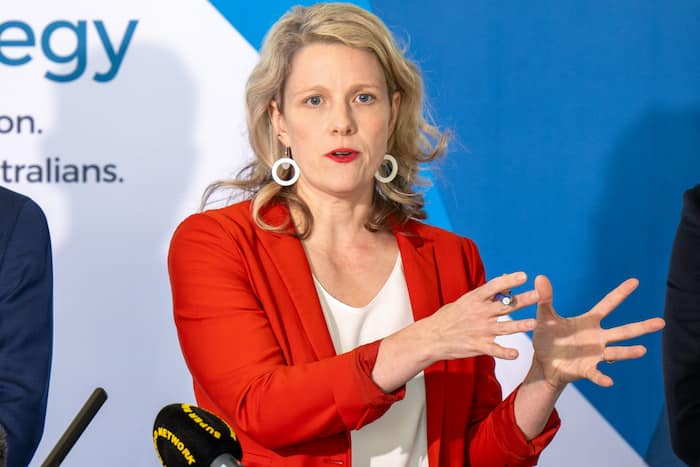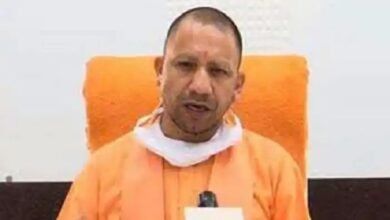[ad_1]
Indian graduates, under this agreement, holding a bachelor’s degree can stay in Australia on the Temporary Graduate Visa for two years.

Temporary Graduate Visa: The Australian High Commissioner, after the announcement of Australia’s new migration policy, highlighted the nation’s commitment to upholding agreements made under the Australia-India Economic Cooperation and Trade Agreement (AI-ECTA). This development has confirmed and ensured that Indian graduates will be eligible for a Temporary Graduate Visa aligning with the terms established in the AI-ECTA.
Indian graduates, under this agreement, holding a bachelor’s degree can stay in Australia on the Temporary Graduate Visa for two years, while those completing a master’s degree are eligible for a three-year visa. Furthermore, individuals who complete a PhD will be entitled to a four-year Temporary Graduate Visa.
Philip Green, Australia’s High Commissioner to India while addressing the media expressed optimism about the continued growth of Indian student numbers in Australia.
“Commitments agreed between India and Australia under the Australia-India Economic Cooperation and Trade Agreement (AI-ECTA) will be upheld under the new Migration Strategy. This means that Indian graduates will continue to be eligible to stay on a Temporary Graduate Visa for two years for a bachelor degree, three years for the completion of a Master’s degree and 4 years for a completion of a PhD,” Green said.
Emphasising the Australian government’s commitment to welcoming high-quality students seeking educational opportunities, the High Commissioner stated, “The Government will continue to welcome high-quality students seeking out educational opportunities in Australia. I see no reason why Indian student numbers shouldn’t continue to grow.”
Australia’s Department of Home Affairs has said that the country now has a strategy for its migration system. The Government’s Migration Strategy was released on Monday and outlines a new vision for Australia’s migration system, with a policy roadmap containing eight key actions and over 25 new policy commitments and areas for future reform. This Migration Strategy is informed by extensive consultation with businesses, unions, and other stakeholders, and more than 450 submissions were received as part of the Review of the Migration System.
“Today I launched the Albanese Government’s Migration Strategy with @andrewjgiles, along with @unionsaustralia and the @BCAcomau. This is a major step forward in reforming Australia’s broken migration system with the biggest reforms to migration in a generation,” Claire O Neil, the Minister for Home Affairs posted on X.
Today I launched the Albanese Government’s Migration Strategy with @andrewjgiles, along with @unionsaustralia and the @BCAcomau.
This is a major step forward in reforming Australia’s broken migration system with the biggest reforms to migration in a generation. pic.twitter.com/4rlXqkoGZ7
— Clare O’Neil MP (@ClareONeilMP) December 11, 2023
“A once-in-a-generation review into the migration system found it was a deliberate decision to neglect the system” and that it was ‘so badly broken’ it required a ’10-year rebuild’. The Albanese Government is fixing this,” her post added.
A once-in-a-generation review into the migration system found it was a deliberate decision to neglect the system” and that it was “so badly broken” it required a “10-year rebuild”.
The Albanese Government is fixing this.
— Clare O’Neil MP (@ClareONeilMP) December 11, 2023
(With ANI Inputs)
[ad_2]



